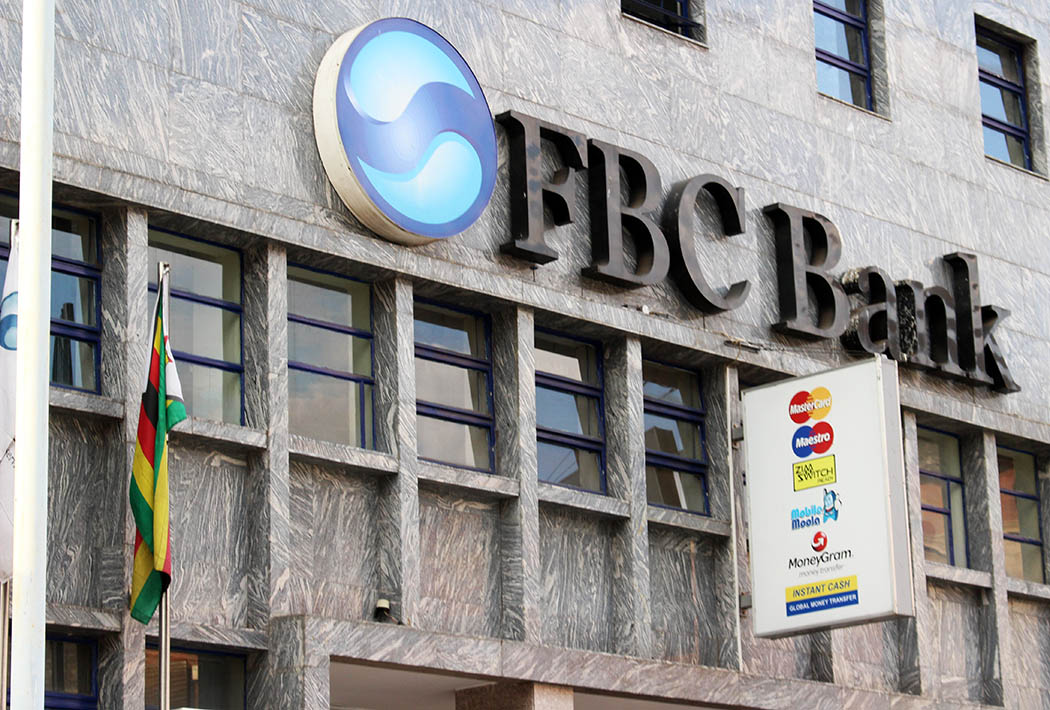FBC Holdings defies Covid-19
FBC Holdings Limited has defied the adverse impact of Covid-19 to post a commendable set of financial results in the full year ended December 2020.
Its income grew 14 percent to $8,1 billion from $7,2 billion in the comparable previous year, with foreign currency revaluation gains contributing more.
The group recorded a profit after tax of $1,5 billion amid a net interest income growth of 20 percent to $1,7 billion against $1,4 billion in the prior year as lending operations secured modest improvement. However, net fees and commission income receded 12 percent to $1,2 billion from $1,4 billion in 2019 mainly due to a marked slowdown in the volume of transactions occasioned by the reduced economic activity induced by Covid-19 lockdown measures.
The repricing of this revenue stream, implemented during the year under review, was inadequate to counterbalance the decrease in the volume of transactions, said the group.
The insurance business also suffered a five percent decrease in net earned insurance income to $845 million from $886 million achieved in the prior year. As at 31 December 2020, FBC’s total assets value had grown by 19 percent to $32,4 billion against $27,1 billion in 2019. The growth was mainly driven by the increase in deposits and the translation of foreign denominated assets.
The group’s total equity was up 29 percent from the prior year, closing the current year at $5,1 billion compared to $3,9 billion in the prior year.
The financial services company has since proposed a final dividend of 44,65 cents per share to its shareholders, which is in addition to the interim dividend of 29,76 cents that was paid in September 2020.
The total dividend for the year 2020 amounts to $500 million including the interim dividend of $200 million that was paid last September.
Chairman, Mr Herbert Nkala, revealed this in a statement accompanying the group’s abridged audited results for the period under review where he indicated that the decrease in insurance premiums was offset by an improvement in premium ceded to reinsurers and retrocessionaires of 44 percent.
“The Covid-19 pandemic lockdown effects and the hyperinflationary environment had an initial negative effect on the insurance industry at large. This, however, took a positive turn when the regulatory authorities subsequently permitted the underwriting of insurance policies in foreign currency,” said Mr Nkala.
He also noted that during the period under review FBC suffered an increase of 16 percent in administration expenses to $4,5 billion from $3.,9 billion in 2019 mainly as a result of repricing of expenses to match the inflationary environment.
“The cost to income ratio excluding the monetary loss, remained static at 64 percent. The monetary loss improved to $1,4 billion from $1,8 billion recorded last year, following the slowing down of inflation on the net monetary assets of the group,” said Mr Nkala.
He said the group was planning to diversify its revenue streams through innovative rollout of new services and products to position itself for the projected positive economic growth this year. The country is looking forward to improved economic prospects in 2021, riding on a good agricultural season, improved access to foreign currency by the productive sector and effective responses to Covid-19.chronicel.cl.zw











